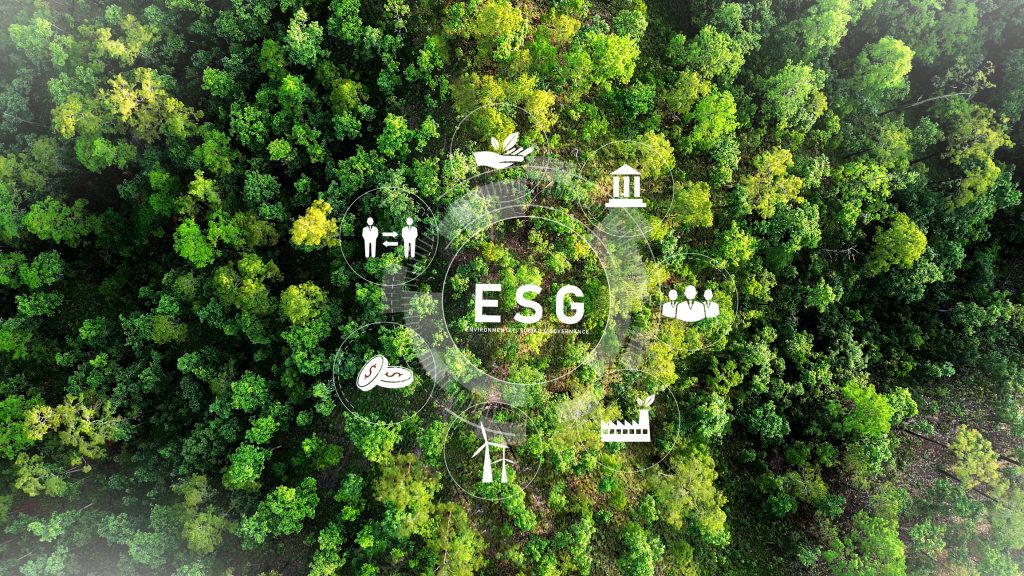
By Jeremy Seow
Singapore is well-known as a gateway to Southeast Asia, and often the first port of call for businesses with regional expansion plans. In my conversations with business leaders from East and South Asia, I often address queries about how Southeast Asia is positioned regarding current affairs that impact corporate decision-making. The increasing requirements concerning environmental, social and governance issues – collectively referred to as ESG – have been a frequent discussion topic.
Southeast Asia’s size makes it an exciting prospect for Asian businesses seeking expansion and growth. The region has 11 countries, each with its own government and culture, making it challenging to define the role of ESG across the entire area. However, the regional landscape’s dynamism also has consistent implications and benefits for the effective and successful application of ESG principles and communication.
Southeast Asia’s rich cultural and economic diversity drives the region’s resonance with ESG principles: commitment to environmental sustainability, societal commitment to community welfare and a desire for ethical governance practices. Beyond a mere list of directives, these principles also form the starting point of strategies that complement the diverse fabric of Southeast Asian business culture and conduct.

Here are some ESG principles for the region to consider.
Understanding Stakeholder Expectations
The first step to effective ESG communication is understanding local stakeholders’ expectations. While the specific values and norms differ by market, a unifying quality throughout Southeast Asia is favourability toward businesses demonstrating authentic commitment to understanding the requirements – both overt and unwritten – of the local marketplace.
Asian businesses must align their operations and messaging with market-specific expectations of responsible business practices. Authenticity and respect are key: token gestures will not pass muster with stakeholders who expect concrete actions and meaningful communication about ESG efforts.
Navigating Regulatory Frameworks
As Southeast Asian countries continue establishing their respective ESG reporting regulations, the increasing importance of sustainability practices within the region’s business environment is making itself felt by local and global players alike. Multinational businesses should approach these compliance requirements as opportunities to demonstrate their sustainability commitment, rather than viewing them as hurdles or inconveniences.
Beyond regulatory compliance requirements, ESG communication also serves to reinforce brands’ commitment to local norms and expectations, while reflecting corporate responsibility. A holistic stakeholder management approach to ESG can be deeply impactful in building trust within local markets.
Transparency Through ESG Reporting
The publication and dissemination of ESG reports that adhere to establish global standards is crucial for businesses expanding into Southeast Asia. These corporate reports provide a transparent reflection of a business’s ESG performance and demonstrate its commitment toward sustainability and responsible business practices.
By validating a business’s efforts and building its credibility, these reports and disclosures can contribute positively to strong stakeholder relationships.
ESG Communication: A Powerful Tool for Brand Building
As the age-old saying goes, actions speak louder than words. This holds true in the realm of ESG communication in Southeast Asia, where communications strategies must be backed up by real proof points to contribute toward brand building.
In spotlighting their genuine efforts and dedication to environmental sustainability, social responsibility and ethical governance, businesses can carve out a distinct brand identity within a competitive marketplace. ESG communication offers a meaningful platform to showcase such commitments, and in doing so, brands can deepen their connections with consumers, partners and investors.
What Does This Mean?
For any ambitious Asian business seeking expansion into Southeast Asia, effective ESG communication is a critical tool within the strategy toolkit. It provides a comprehensive framework in which businesses can: demonstrate their alignment with local expectations, reinforce their commitment to regulatory compliance and thus establish their differentiated brand image.
Businesses adopting adaptive ESG strategies and robust communication will find themselves well-equipped to navigate the dynamic Southeast Asian market, accelerating growth while enhancing their global reputation.
At Allison, we empower businesses to thrive amid challenges, offering solutions that drive brand awareness, demand and cultural relevance. Let us help you in your journey toward sustainable growth, leveraging the power of effective ESG communication in the Southeast Asia region.
Jeremy Seow is regional chief operating officer + head of client experience for APAC, based in Singapore.